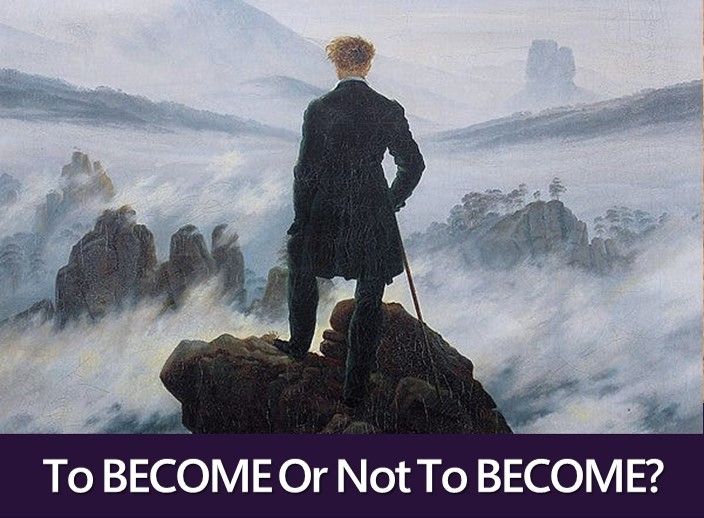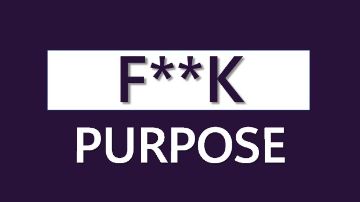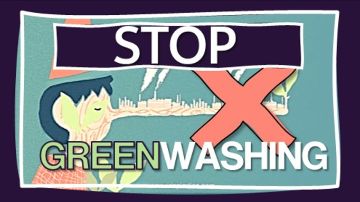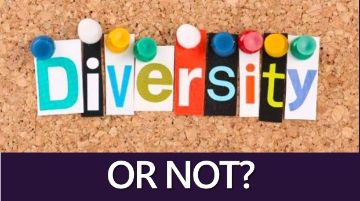
“Future” focuses our mind’s attention on the implications of our present action, in the same way that “death” focuses our life on its significance.

“Future” focuses our mind’s attention on the implications of our present action, in the same way that “death” focuses our life on its significance.
Epistemology and Axiology both erect interpretative boundaries to structure meaning. Whereas the former introduces a causal (more than a chronological) perspective, the latter intuits the socio-moral symbolism of our actions in their integral shape. The encounter between the uncertainty inherent in future-oriented actions and ethics is existential: in order to ascertain the “right amount” of risk to be taken we must make a judgment not only of results, but also of the acceptability of the consequences on others and ourselves as expression of our own moral identity.
That is why “sustainability” is not a question of time frames – an emergency break just before the fatal crash, but a reminder to act with “the end in mind”, integrating freedom and responsibility. No sophisticated calculus or ESG metric can release us from the summoning to our own integrity.
On what basis? Having lost the Archimedic levers of religion and metaphysics, we appear stuck in the self-referentiality of modern society. Morality is being crowded out by the socialisation of reference-less “psychological” self love. But integral reflection is impossible without foundational principles.
It might be feasible to craft the normative basis for collective modern ethics without ethno-cultural universalism, but only if we are willing to endorse a new notion of citizenship.
It’s time to think again.
We have to become proficient analysts of our reasons — not only our predictions — in the present, in order to become accountable architects of our future…
#leadership
“Future” focuses our mind’s attention on the implications of our present action, in the same way that “death” focuses our life on its significance.
Epistemology and Axiology both erect interpretative boundaries to structure meaning. Whereas the former introduces a causal (more than a chronological) perspective, the latter intuits the socio-moral symbolism of our actions in their integral shape. The encounter between the uncertainty inherent in future-oriented actions and ethics is existential: in order to ascertain the “right amount” of risk to be taken we must make a judgment not only of results, but also of the acceptability of the consequences on others and ourselves as expression of our own moral identity.
That is why “sustainability” is not a question of time frames – an emergency break just before the fatal crash, but a reminder to act with “the end in mind”, integrating freedom and responsibility. No sophisticated calculus or ESG metric can release us from the summoning to our own integrity.
On what basis? Having lost the Archimedic levers of religion and metaphysics, we appear stuck in the self-referentiality of modern society. Morality is being crowded out by the socialisation of reference-less “psychological” self love. But integral reflection is impossible without foundational principles.
It might be feasible to craft the normative basis for collective modern ethics without ethno-cultural universalism, but only if we are willing to endorse a new notion of citizenship.
It’s time to think again.
We have to become proficient analysts of our reasons — not only our predictions — in the present, in order to become accountable architects of our future…
#leadership
Popular articles in the KnowledgeHub: Good Society





 .
.